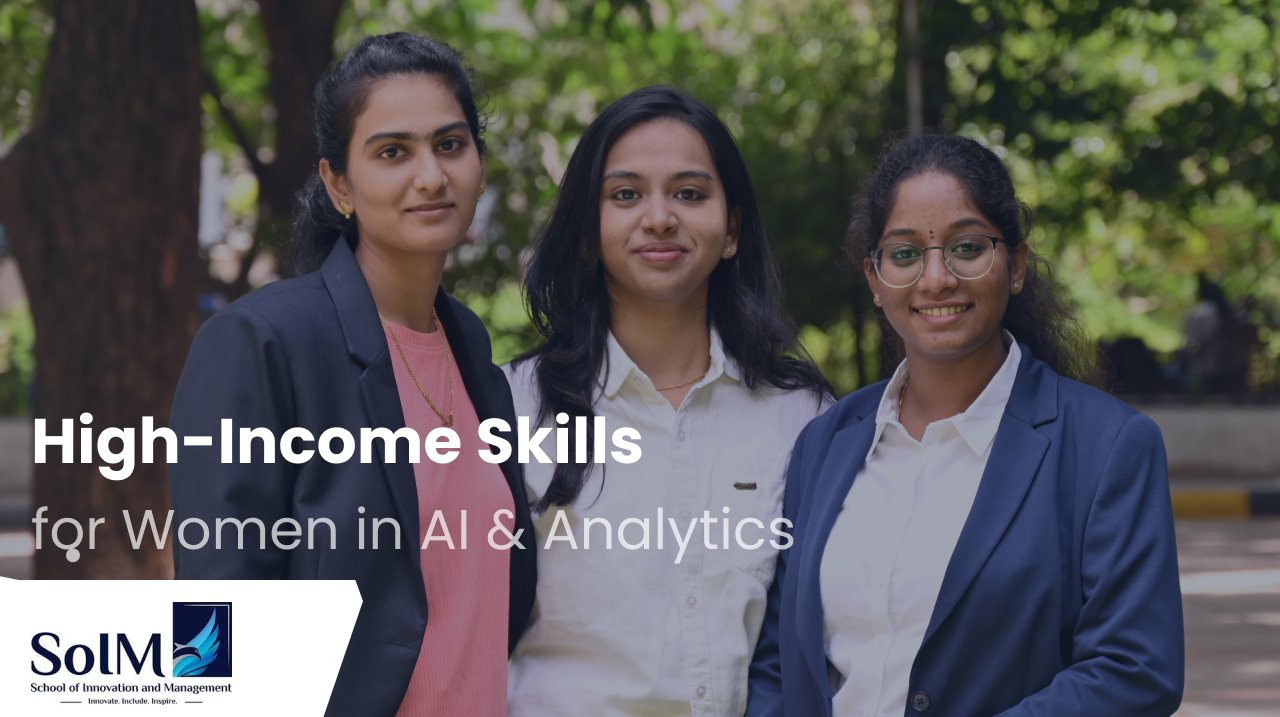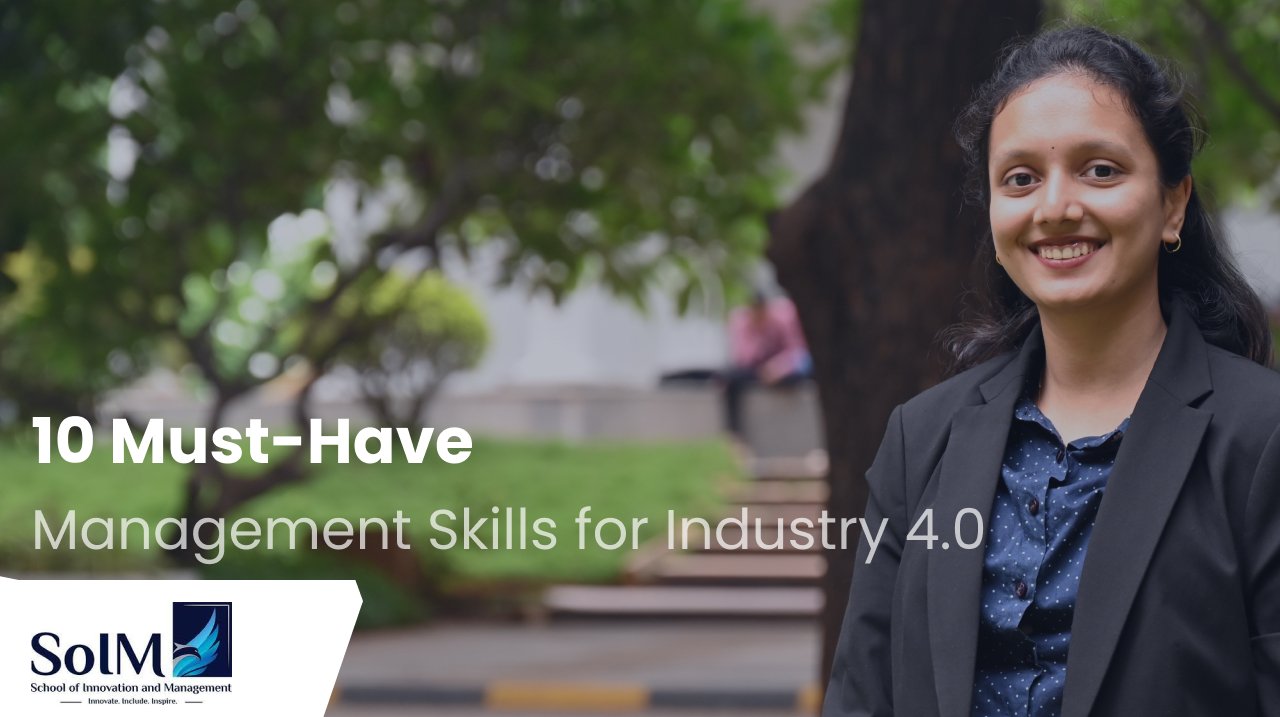Beyond Numbers: Transform Your Future with Financial Services as your PGDM Course
The world of finance is dynamic, complex, and ever-evolving. Aspiring professionals seeking a rewarding career path often turn to a Post Graduate Diploma in Management (PGDM) program to gain the necessary skills and knowledge. While finance may seem like a field solely focused on numbers and calculations, it goes beyond that. Financial services offer a vast array of opportunities for individuals to shape their future and make a lasting impact. In this blog post, we will explore the transformative power of financial services as a PGDM course and how it can open doors to a world of possibilities.
Understanding the Breadth of Financial Services
A Post Graduate Diploma in Management (PGDM) course with a specialization in finance provides students with a comprehensive understanding of the breadth of financial services. This specialization equips students with the knowledge and skills required to pursue careers in various areas of finance, such as investment banking, corporate finance, financial planning, risk management, and more.
Here are some key areas covered in a PGDM in Financial Services:
- Financial Management: Students learn about financial decision-making in organizations, including topics like capital budgeting, financial statement analysis, financial forecasting, and working capital management. They gain insights into managing financial resources and maximizing shareholder value.
- Investment Analysis and Portfolio Management: This area covers investment strategies, asset valuation techniques, portfolio diversification, risk assessment, and investment performance evaluation. Students learn how to make informed investment decisions and construct efficient portfolios.
- Corporate Finance: Students gain knowledge of financial policies and practices within corporations. They study topics such as capital structure, cost of capital, dividend policy, mergers and acquisitions, and corporate governance. They understand how financial decisions impact a firm’s value and growth.
- Financial Markets and Institutions: This area focuses on understanding financial markets, including equity markets, debt markets, derivatives, and foreign exchange markets. Students learn about financial intermediaries, such as banks, insurance companies, mutual funds, and the regulatory framework governing financial institutions.
- Risk Management: Students explore various types of financial risks, such as market risk, credit risk, and operational risk. They learn risk assessment techniques, risk mitigation strategies, and the use of derivatives for hedging purposes. Risk management plays a crucial role in financial services, and students gain skills to manage and mitigate potential risks.
- Financial Planning and Wealth Management: This area covers personal financial planning, including budgeting, tax planning, retirement planning, estate planning, and investment strategies for individuals. Students learn how to provide financial advisory services and manage clients’ wealth effectively.
- Fintech and Financial Innovation: With the rapid advancements in technology, this area focuses on understanding the impact of financial technology (fintech) on financial services. Students learn about emerging trends such as blockchain, artificial intelligence, robo-advisory, and digital payments. They explore how innovation is transforming the financial industry.
Mastering Core Financial Concepts
A Top PGDM in Financial Services School in Hyderabad provides a comprehensive understanding of core financial concepts, equipping students with the knowledge and skills necessary to excel in the field.
- Financial Statement Analysis: Students learn how to interpret and analyze financial statements to assess a company’s financial performance, profitability, liquidity, and solvency. They become proficient in using various financial ratios and metrics to evaluate a company’s health and make informed decisions.
- Capital Budgeting: This concept focuses on evaluating investment projects and making decisions based on their potential profitability and cash flows. Students learn techniques such as net present value (NPV), internal rate of return (IRR), and payback period to assess the viability of investment opportunities.
- Risk and Return: Students gain an understanding of the relationship between risk and expected returns. They learn about diversification, portfolio management, and techniques to measure risk, such as beta and standard deviation. This knowledge helps them make informed investment decisions and manage portfolios effectively.
- Financial Markets and Instruments: Students study financial markets, including equity markets, debt markets, derivatives, and foreign exchange markets. They gain insights into the functioning of these markets, the role of intermediaries, and the instruments traded in them.
- Corporate Finance: This concept covers financial decision-making within organizations. Students learn about capital structure, cost of capital, dividend policy, working capital management, and mergers and acquisitions. They understand how financial decisions impact a firm’s value and growth.
- Financial Risk Management: Students are introduced to various types of financial risks, such as market risk, credit risk, and operational risk. They learn risk assessment techniques, hedging strategies using derivatives, and risk mitigation measures to safeguard organizations from potential financial losses.
- Financial Planning and Wealth Management: Students explore personal financial planning, including topics like budgeting, tax planning, retirement planning, and estate planning. They gain skills in providing financial advice and managing individual and family wealth.
Additional Benefits
Nurturing Analytical and Problem-Solving Skills:
Financial services demand individuals who possess strong analytical and problem-solving skills. Throughout your Financial Services Course, you will engage in practical exercises, case studies, and simulations that sharpen your ability to analyze complex financial data, identify patterns, and make data-driven decisions. These skills are highly sought-after and transferable across various industries, making you an adaptable professional capable of tackling any challenge.
Developing Leadership and Communication Skills:
A successful career in financial services requires more than technical expertise. Effective leadership and communication skills are crucial in this field. A PGDM course provides ample opportunities to develop these essential skills through group projects, presentations, and interactions with industry experts. You will learn how to effectively communicate financial information, lead teams, and negotiate in high-pressure situations, positioning you for career growth and advancement.
Embracing Technological Innovations:
The financial services industry is undergoing rapid technological advancements, revolutionizing traditional practices. As a PGDM student in Top B-Schools in Hyderabad, you will be exposed to emerging technologies such as blockchain, artificial intelligence, and machine learning. Understanding how these technologies impact financial services prepares you for the future of finance service and positions you as a tech-savvy professional in the industry.
Networking and Industry Exposure:
One of the significant advantages of pursuing a PGDM course in financial services is the access to a vast network of industry professionals. The program often includes guest lectures, workshops, and internships that provide valuable exposure and networking opportunities. Building connections with industry leaders and peers opens doors to internships, job placements, and mentorship, enhancing your career prospects significantly.
Making a Positive Impact:
Financial services play a critical role in driving economic growth, sustainable development, and social impact. By choosing this PGDM course, you have the chance to contribute meaningfully to society. Whether it’s through ethical investment practices, inclusive financial services, or promoting financial literacy, you can shape a career that aligns with your values and creates a positive difference in the world.
Conclusion
A PGDM course in financial services is a gateway to a promising and transformative career in Best PGDM Financial Services in Hyderabad. It offers much more than number-crunching; it empowers you to become a well-rounded professional equipped with analytical skills, leadership capabilities, and a deep understanding of the finance industry. By choosing financial services as your PGDM course, you embark on a journey of continuous growth, countless opportunities, and the potential to make a lasting impact on the world. So, embrace the power of financial services, and unlock a future brimming with possibilities.



